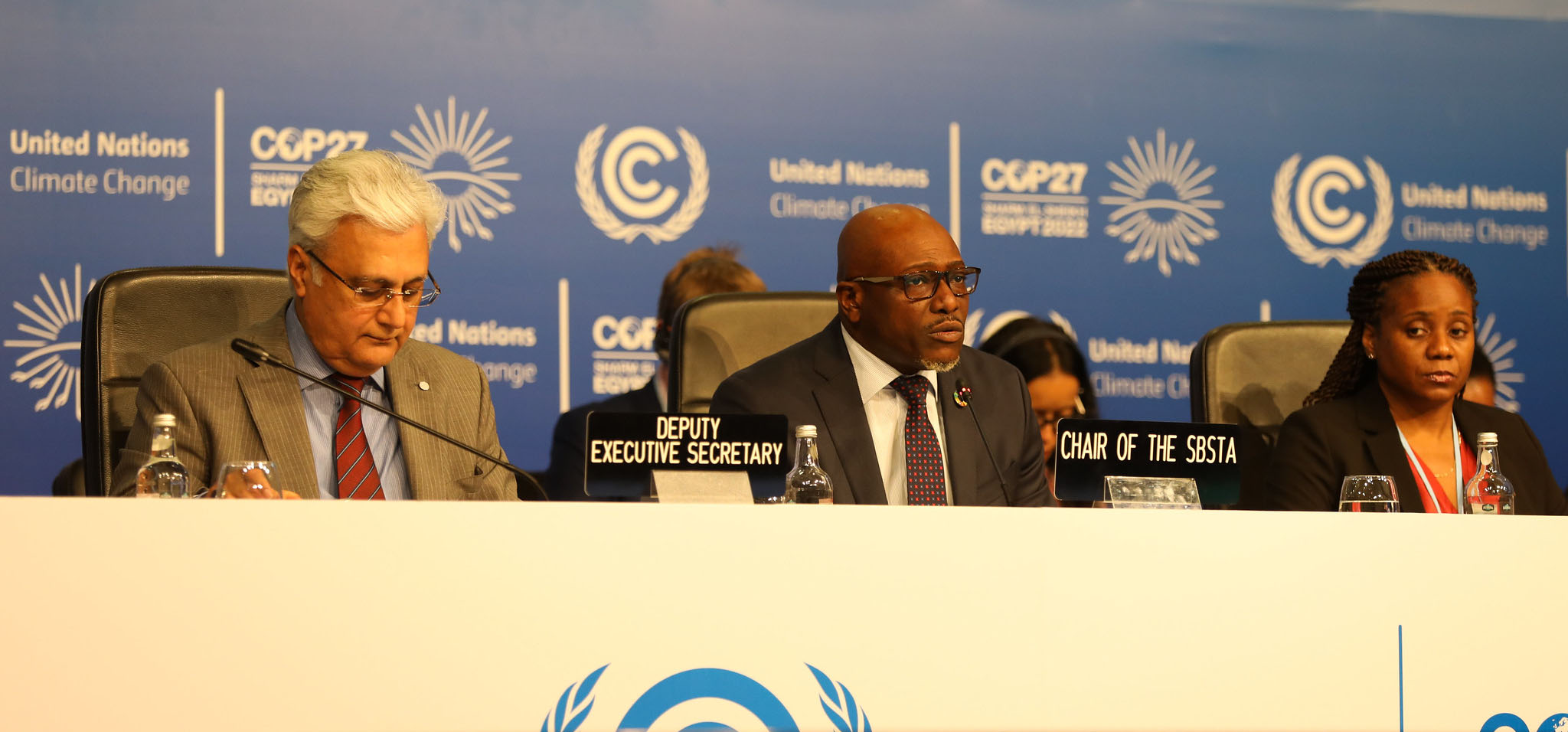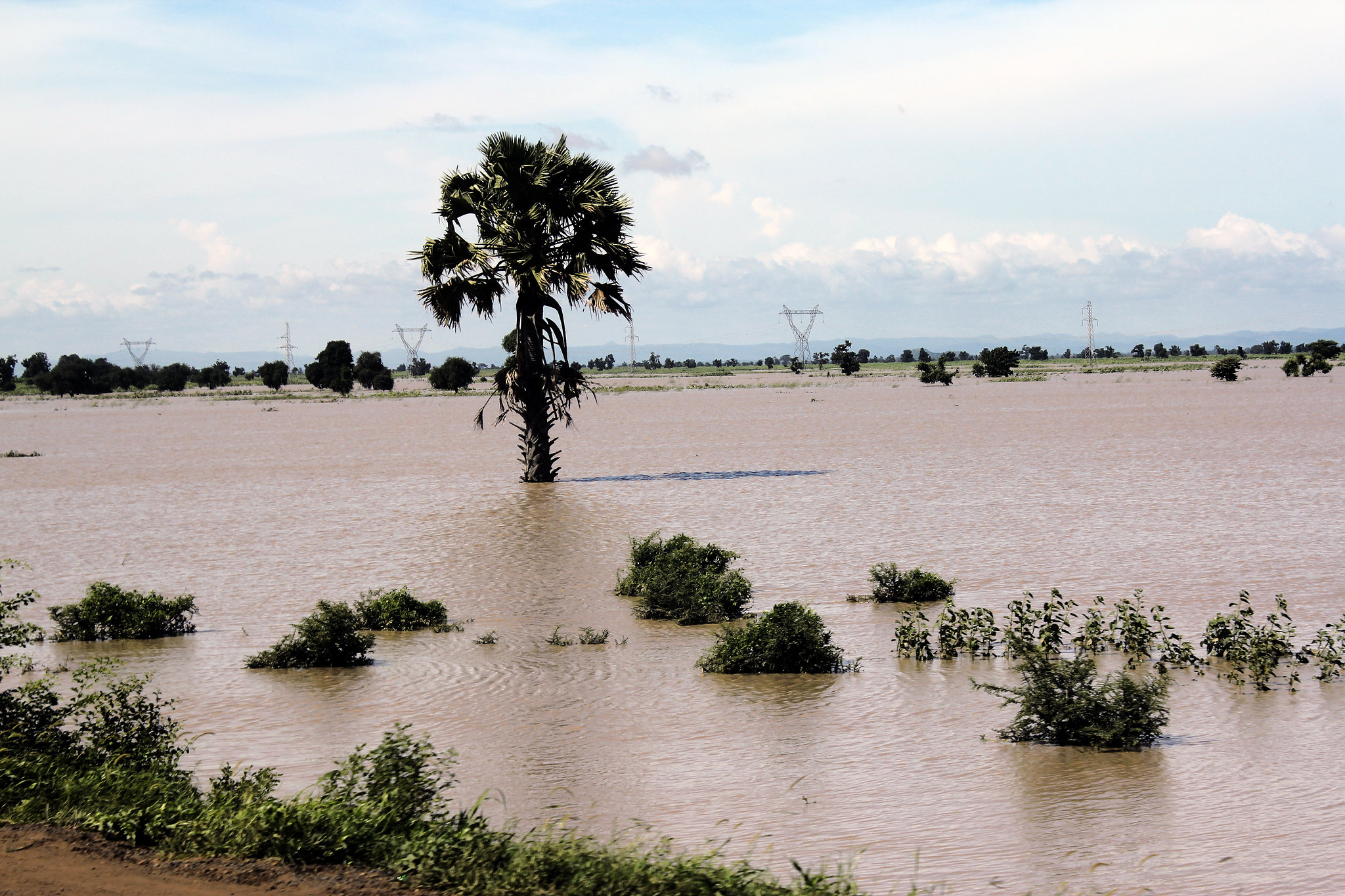International oil companies have begun divesting from Nigerian crude oil and gas, selling off their assets and seeking other revenue streams. The global energy transition, unfavourable regulations, and security concerns have all played their part. But Eyo Eyo writes that the local companies taking over these assets lack the environmental credentials of larger corporations and are making the situation worse.
Nigeria’s economy is reliant on fossil fuels. As a result, the impact on the country of crude oil and gas divestment will be significant. Nigeria, one of OPEC’s leading oil producers with oil reserves totalling 37 trillion barrels, has already suffered more than £16.6 billion worth of divested assets since 2006. Competition from its regional neighbours has also led to a reduction in the proportion of investment at the initial stages of oil and gas exploration and production which Nigeria would normally attract.
On the face of it, less investment in fossil fuels would seem like good news for the environment. But these assets do not lay dormant, they are being taken over by local companies, with weaker environmental oversight. As a result, host communities and watchdogs have decried the worsening conditions of the local environment after the sales.
Current divestment realities
Nigeria currently has five international oil companies still operating in the country: Shell Producing Development Company, Chevron, TotalEnergies, ExxonMobil and Eni. An analysis carried out by Wood Mackenzie, a British research and consulting firm, indicated that divestments in Nigeria have amounted to £871 million since 2020.
Most of the oil and gas assets that have been divested are onshore properties situated in shallow waters. In the past decade, a total of 26 oil mining licences have been divested by companies in the Niger Basin area of Nigeria.
Shell intends to sell off approximately £1.8 billion worth of oil and gas assets, while Eni’s divestment plan amounts to about £4 billion, and ExxonMobil is looking to offload £11.9 billion of its assets.
The waves of asset divestments have triggered a flurry of interest from Nigerian oil companies like Seplat, Aiteo, and Eroton.
The oil divestment efforts have been greatly encouraged by the Nigerian government as they have paved the way for further acquisition of oil assets by national companies. In the past few months, the government has succeeded in leading the bidding rounds for 57 marginal oilfields with approximately 130 firms being granted Petroleum Prospecting Licences to develop the fields.
Impact on climate change
The sale of oil assets and infrastructure by oil companies is a result of campaigns from several quarters to further curb climate change causing emissions. Evidence of this is seen in their various official corporate pledges to reduce their share of carbon emissions and eventually reach net zero by 2050. For instance, as stated in its 2020 Sustainability Report, Shell considers divestments to be a crucial aspect of its strategy to renew and enhance its portfolio, as it works towards its objective of becoming a net-zero emissions energy company.
Despite these glossy brochure pledges, numerous indigenous communities in the region have recognised the extensive damage inflicted on coastal and marine ecosystems due to oil divestments. Many of these communities have attributed the harm to the local companies that currently possess a controlling stake in the oil assets. Local oil and gas companies lack the sustainability practices, environmental commitments, and reporting standards that the multi-nationals have, especially in the Niger Delta in the south of the country.
In the Nembe region in Bayelsa State, where settlements emerge from dense mangrove swamps, locals recounted that oil spewed uncontrollably for more than a month before interventions were put in place to halt the leakage. Despite the clean-up operations that followed, nearby water is still known to bear an oily film while mangrove roots remain shrouded in black. As a result, fishermen are now catching only a negligible fraction of their prior hauls. These circumstances have persisted since the Aiteo Group, a Nigerian company, acquired Shell’s local oil license in 2015. Aiteo and Nigeria’s regulatory bodies have attributed the spill to sabotage. But residents, local authorities, and environmental organisations have pointed to defective infrastructure as the underlying cause. Data sourced from the Stakeholder Democracy Network indicates that Nigerian companies are responsible for 35 per cent more oil spills compared to international companies.
Since the acquisition of oil assets by Nigerian companies there has been a significant increase in greenhouse gas emissions caused by gas flaring, which involves the combustion of surplus natural gas extracted during oil production. This has been supported by data from the flare tracker and reports from the Environmental Défense Fund and Stakeholder Democracy Network.
Shell has recently boasted in their yearly stakeholders’ reports of their commitments and achievements in curtailing gas flaring. That contrasts with Nigerian firm Heirs Holdings, which had an eightfold surge in flaring the year after it purchased a licence from Shell, the equivalent emissions of 18,000 cars.
Stakeholder Democracy Network has gathered data indicating that Nigerian companies tend to flare a lot more gas per barrel of oil extracted than international oil companies. The report also disclosed that domestic firms flare over 10 times more gas per barrel of oil produced, and even if the two companies with the highest flaring are excluded, the local firms still flare nearly five times more.
International oil companies’ divestments from Nigerian crude oil and gas have had significant consequences. While it may seem like a positive for the environment, the local companies taking over the assets and infrastructure lack the environmental credentials and are making the situation worse, releasing more carbon into the atmosphere via flaring. What might be good publicity for oil companies, might be terrible news for the environment.
Photo credit: Stakeholder Democracy used with permission CC BY-NC-ND 2.0





